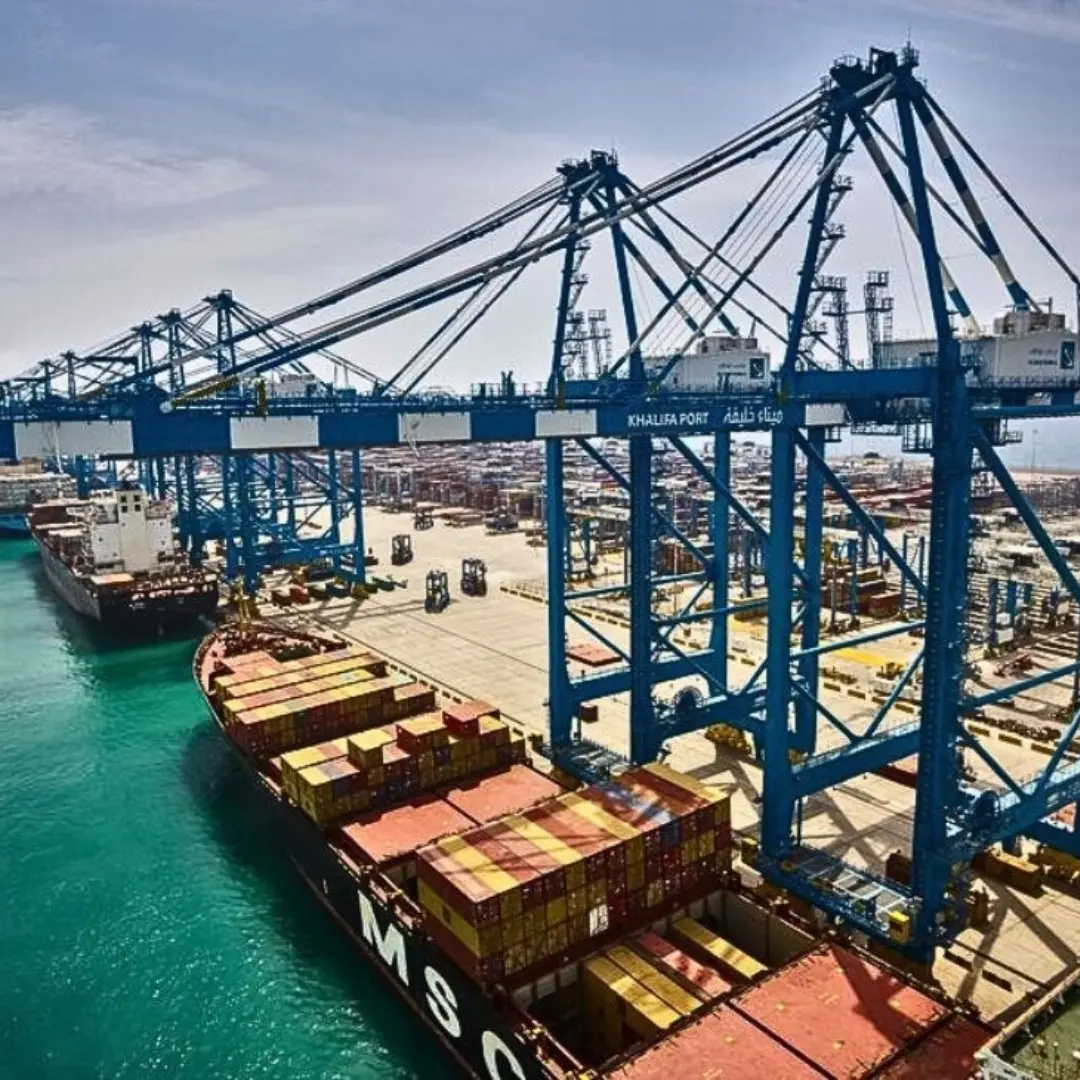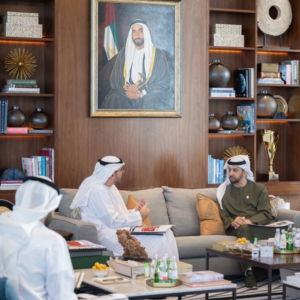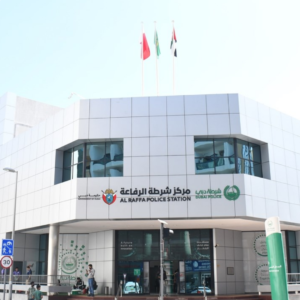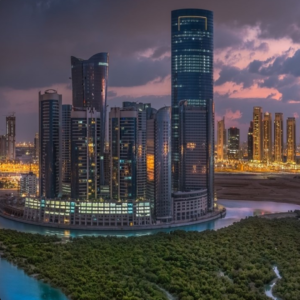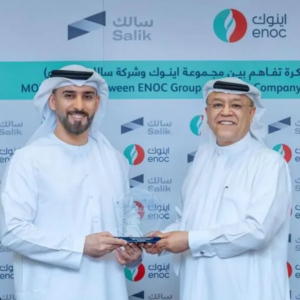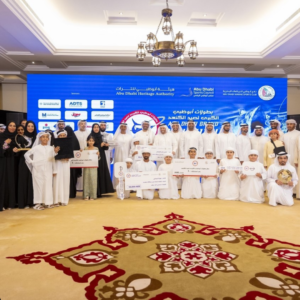In a remarkable display of economic vigor, Abu Dhabi’s non-oil trade witnessed an impressive growth of 8% in May, marking a significant milestone in the emirate’s ongoing efforts to diversify its economy. Leading the charge were exports, which surged by an impressive 12%, reaching a total of Dh18.37 billion. This remarkable increase in trade has resulted in a robust trade surplus of Dh5.201 billion, with plastics and transportation equipment emerging as key drivers of this growth.
Abu Dhabi’s strategic focus on diversifying its economic base away from oil dependency is clearly paying off. The substantial rise in non-oil trade is a testament to the emirate’s successful implementation of policies aimed at boosting various sectors. By fostering a conducive environment for trade and investment, Abu Dhabi is steadily transforming into a vibrant hub for global commerce.
The 12% surge in exports is particularly noteworthy. This uptick is not merely a statistical achievement but a reflection of the emirate’s enhanced production capabilities and competitive edge in the global market. Plastics and transportation equipment have been identified as major contributors to this growth, underscoring Abu Dhabi’s strengths in manufacturing and industrial production. The emirate’s investments in state-of-the-art facilities and technology have enabled it to produce high-quality goods that are in demand worldwide.
Plastics, a versatile and widely used material, have seen significant export growth. Abu Dhabi’s ability to produce various types of plastics that cater to diverse industries has positioned it as a key player in the global market. The transportation equipment sector has also flourished, with the emirate producing a range of products from automotive parts to advanced machinery. This sector’s growth is bolstered by strategic partnerships with international companies and continuous innovation.
The trade surplus of Dh5.201 billion further highlights the emirate’s economic prowess. A trade surplus occurs when the value of exports exceeds that of imports, indicating a positive balance of trade. This surplus not only enhances Abu Dhabi’s economic stability but also provides additional resources for reinvestment into the economy, fostering further growth and development.
Several factors have contributed to this trade success. Abu Dhabi’s strategic location, world-class infrastructure, and business-friendly policies create an ideal environment for trade activities. The emirate’s ports and logistics facilities are among the best globally, ensuring efficient handling and transportation of goods. Additionally, free trade agreements and robust international relations have opened up new markets for Abu Dhabi’s products.
Looking ahead, Abu Dhabi is well-positioned to sustain and even accelerate this growth trajectory. Continued investment in infrastructure, technology, and human capital will be crucial. The emirate’s commitment to innovation and sustainability will further enhance its competitiveness on the global stage. By capitalizing on its strengths and addressing any challenges proactively, Abu Dhabi can continue to expand its non-oil trade and secure a prosperous future.
In conclusion, the 8% growth in Abu Dhabi’s non-oil trade in May, coupled with a 12% rise in exports, marks a significant achievement for the emirate. With a trade surplus of Dh5.201 billion, driven by strong performances in plastics and transportation equipment, Abu Dhabi is demonstrating its capability to lead in the global market. This success story is a clear indicator of the emirate’s strategic vision and unwavering commitment to economic diversification and growth.

